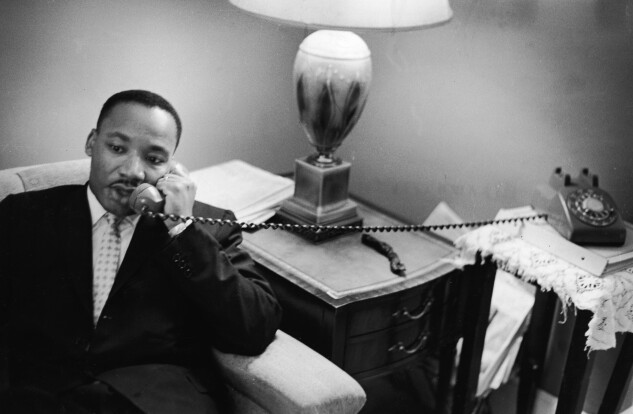In 1960, Dr. Martin Luther King Jr. became the first person prosecuted under the state of Alabama’s income tax perjury statute. He was specifically accused of allegedly falsifying his Alabama income tax returns for 1956 and 1958. After his indictment, Dr. King was asked by a reporter, “Have your income tax returns been investigated before?” He replied, “Oh yes, they have been investigated two or three times before. This is nothing new.” The case would eventually go to trial, and it seemed like a sure victory for the government.
In his autobiography, Dr. King described the trial, writing, “This case was tried before an all-white Southern jury. All of the state’s witnesses were white. The judge and the prosecutor were white. The courtroom was segregated. Passions were inflamed. Feelings ran high. The press and other communications media were hostile. Defeat seemed certain, and we in the freedom struggle braced ourselves for the inevitable.”
But something quite remarkable happened. On May 28, 1960, only after a few hours of deliberation, Dr. King was acquitted.
Dr. King said about his trial, “I am frank to confess that on this occasion, I learned that truth and conviction in the hands of a skillful advocate could make what started out as a bigoted, prejudiced jury, choose the path of justice. I cannot help but wish in my heart that the same kind of skill and devotion which Bill Ming and Hubert Delaney accorded to me could be available to thousands of civil rights workers, to thousands of ordinary Negroes, who are every day facing prejudiced courtrooms.” To read more click here.

